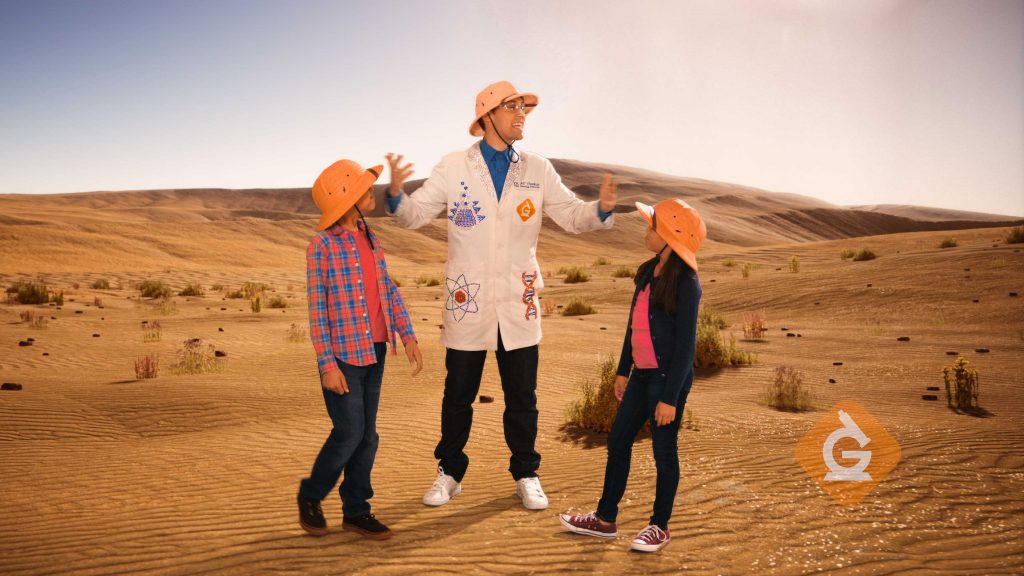
Light from the sun is called sunlight and it shines down on the Earth’s surface. Sunlight causes the Earth’s surface to heat up. Some things heat up faster than others. In some places the ground can get so hot you can cook an egg on it!
To better understand how sunlight warms the Earth…
LET’S BREAK IT DOWN!
Sunlight causes things to melt.

Melting is when a solid changes into a liquid. Sunlight can speed up the melting process of things like a popsicle.

Sunlight causes Earth’s surfaces to heat up.
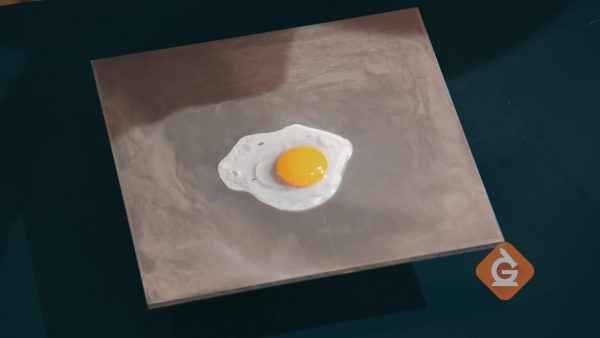
Sunlight can cause some surfaces to heat up to very high temperatures. Some surfaces can get hot enough to fry an egg.

Thermometers are useful scientific tools.
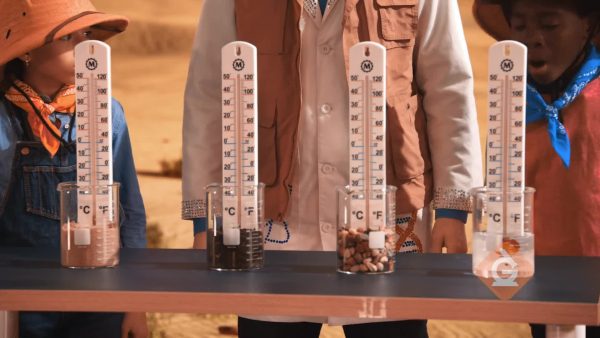
A thermometer is a tool that can measure how hot something is. We can find the temperature of something by reading a thermometer.

Different materials can provide shade.
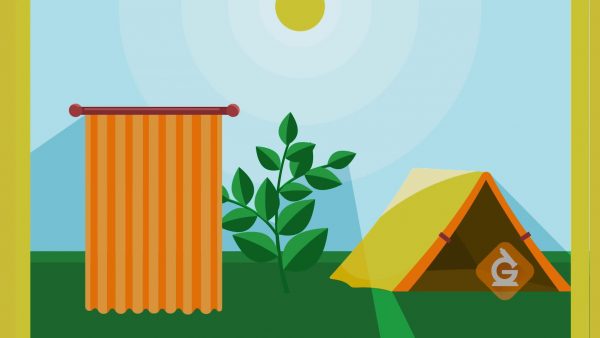
We can use different materials to make shade. A curtain, a tent or even a plant can provide shade from the sun.

Some materials provide more shade than others.
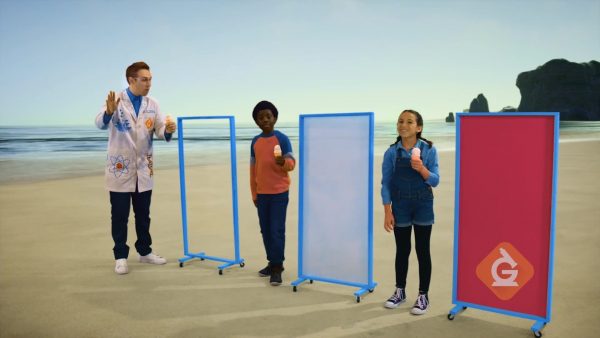
A window does not provide as much shade as a piece of wood. Materials that are more see through are not as good at providing shade as solid materials.

SUNLIGHT VOCABULARY
QUESTIONS ABOUT SUNLIGHT
How can you slow down the melting of a popsicle?
Why is it possible to cook an egg on a solid surface in the desert?
How can you prove that different materials heat up differently with sunlight?
What kinds of shade are better than others?
Why does an ice cube in a box melt slower than an ice cube outside of the box?
What are some different kinds of surfaces found on the Earth?
Skip, I will use a 3 day free trial
Enjoy your free 30 days trial
We use cookies to make your experience with this site better. By using this site you agree to our use of cookies. Click "Decline" to delete and block any non-essential cookies for this site on this specific property, device, and browser. Please read our privacy policy for more information on the cookies we use.Learn More
We use cookies to improve your experience. By using this site, you agree to our use of cookies. Click "Decline" to block non-essential cookies. See our privacy policy for details.Learn More






